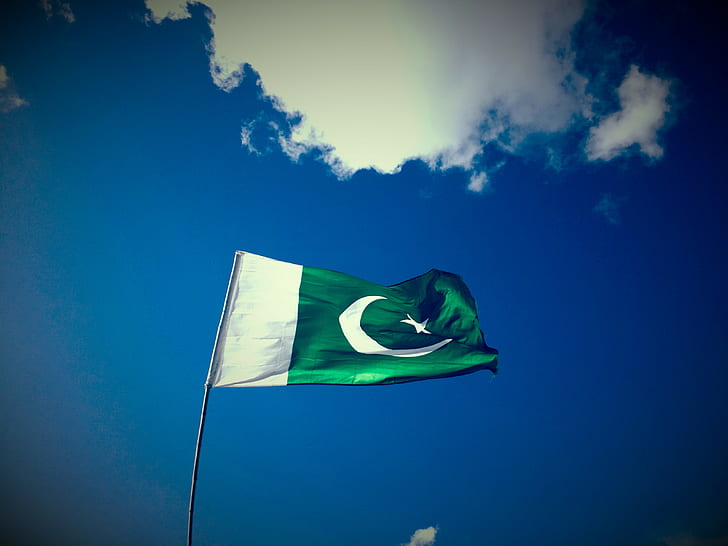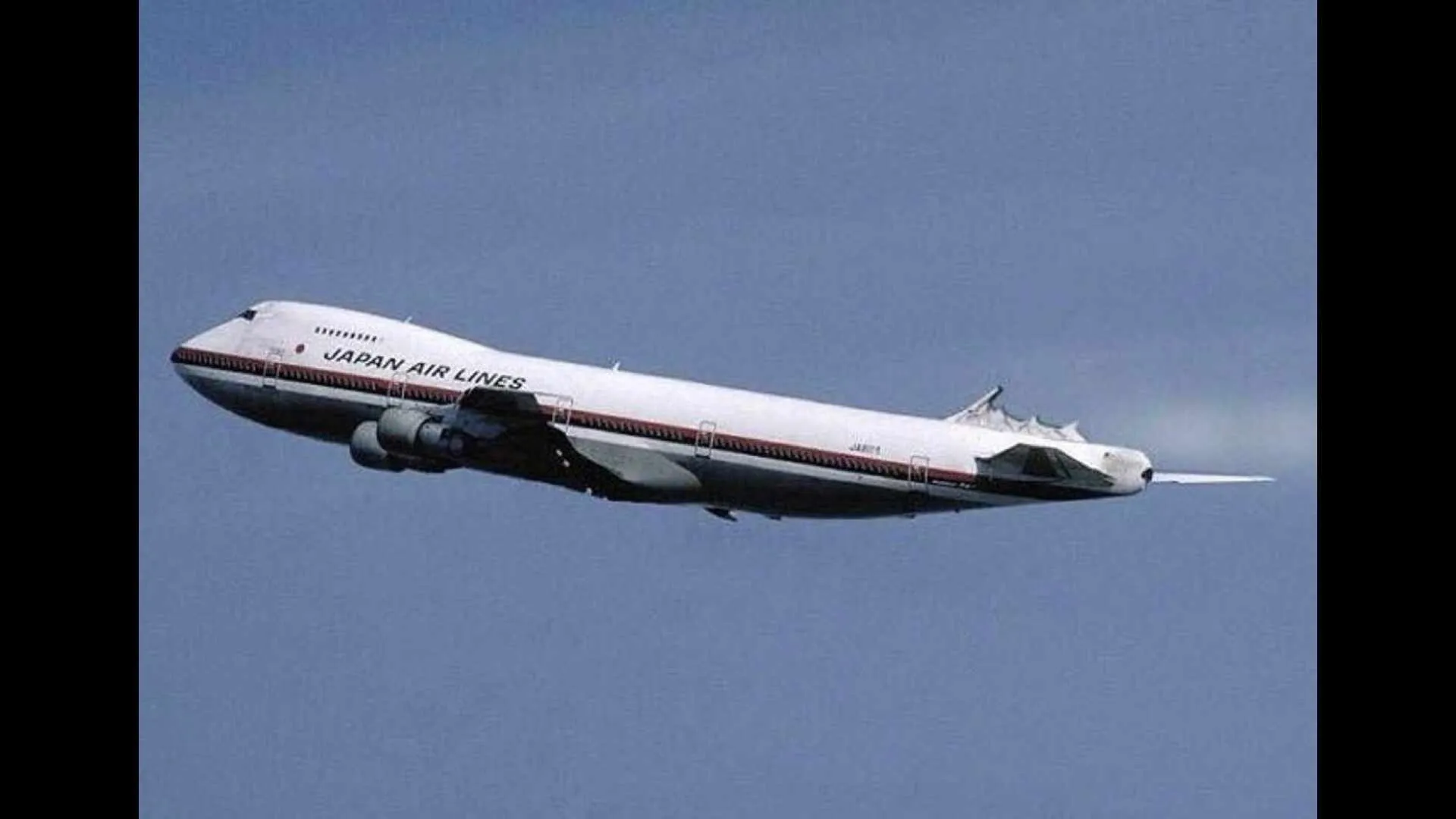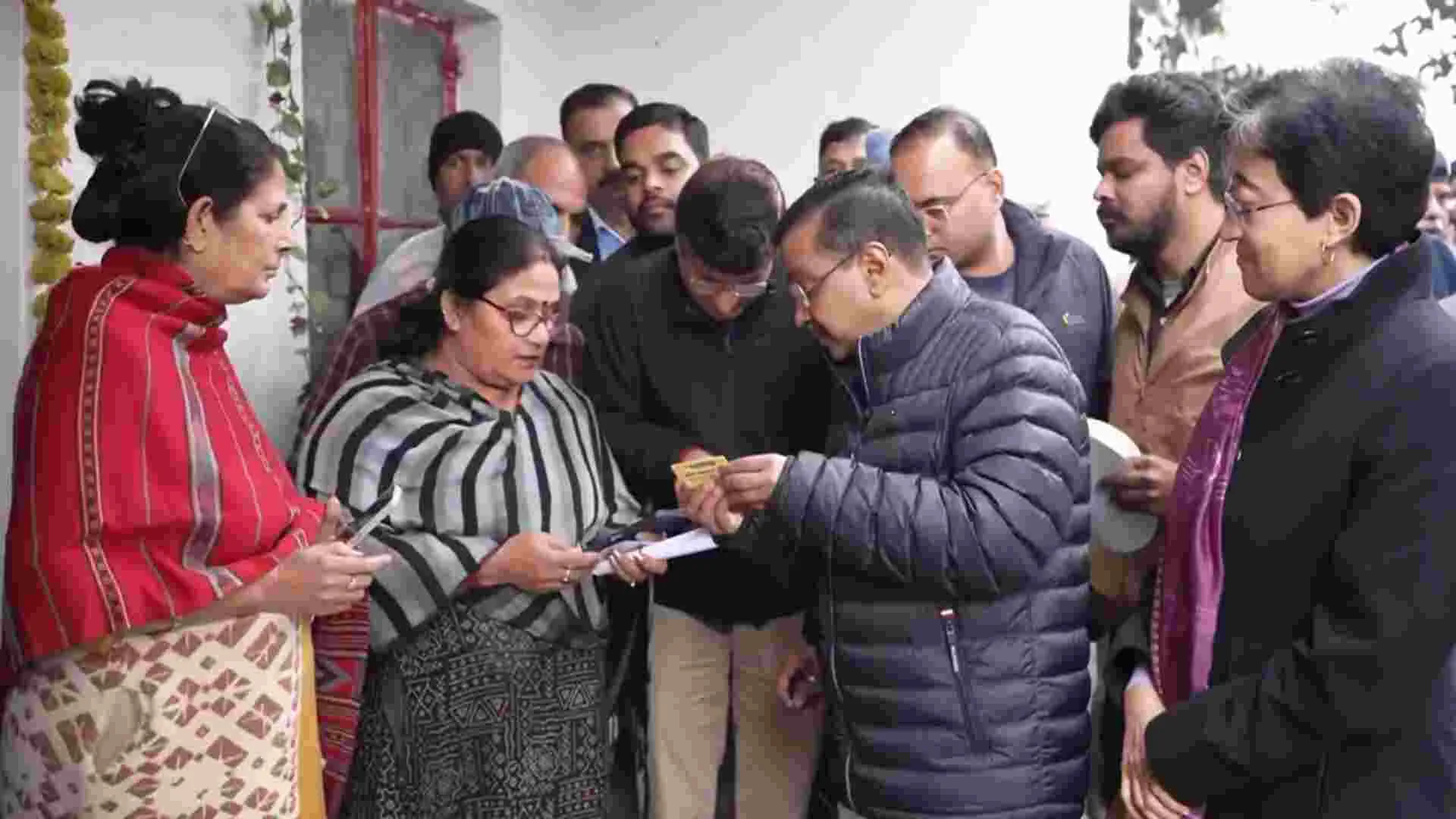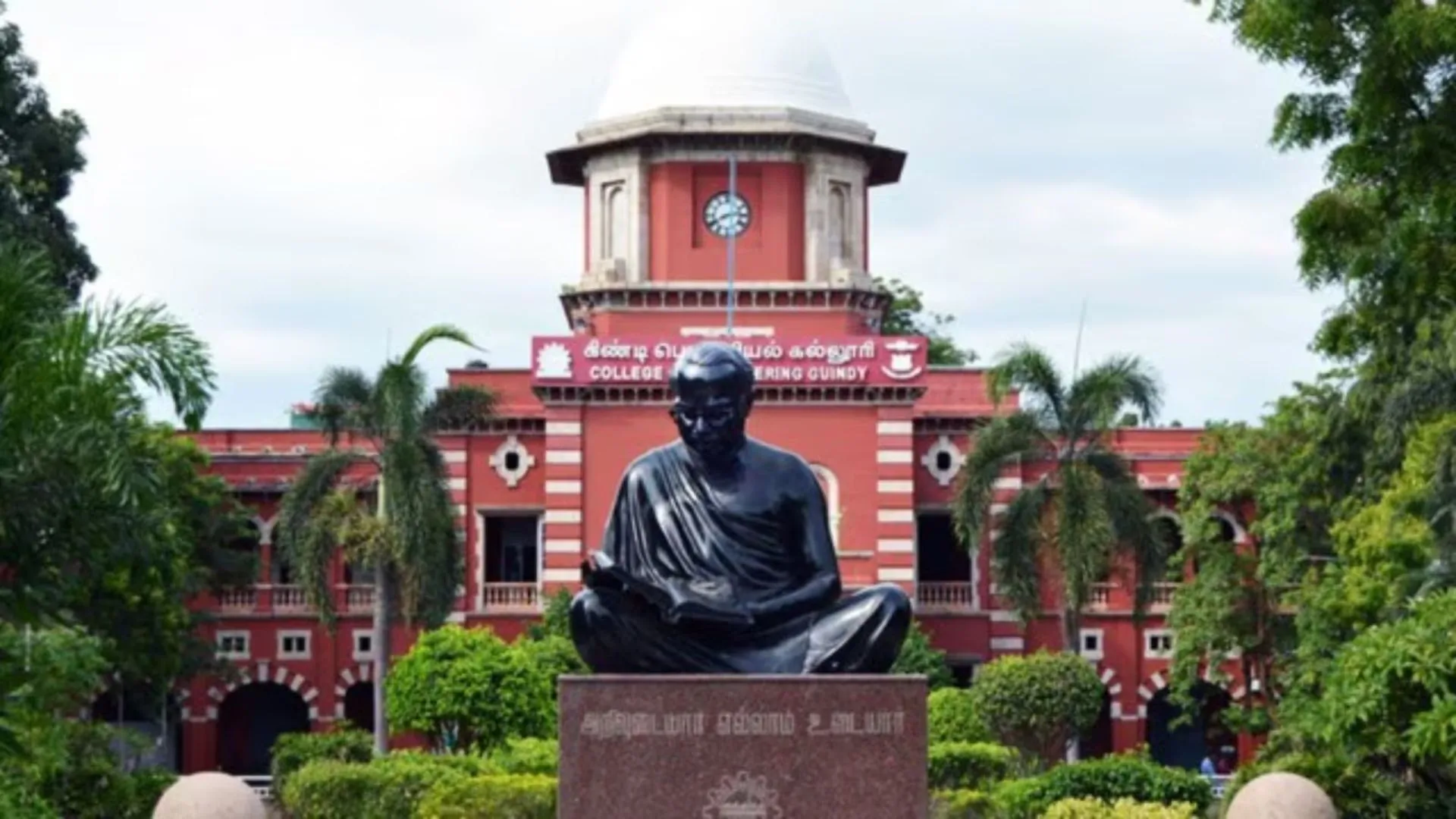There is no denying that the gunfire at former Pakistan Prime Minister Imran Khan’s rally recently has plunged crisis-ridden Islamabad into fresh chaos, with the political instability staring at the country. Pakistan is already grappling with a range of problems, including an economic downturn, and natural disaster that has left around 30 million people homeless. Prime Minister Shehbaz Sharif has so far been unable to deal effectively with the challenges that his country is facing. A resurgent Tehreek-e-Taliban Pakistan (TTP) is another political challenge that is adding to Sharif’s headache now. So with this being the case, PM Shehabaz Sharif like his predecessors will be resorting to certain ‘diversionary tactics’ so that he could divert the attention of Pakistani citizens and international community from the existing internal woes and problems. Obviously, raising tensions along the Line of Control (LOC) and raking up the Kashmir issue would be an easy option for the Sharif government. The military officials and diplomats have expressed apprehension, and rightly so, that Pakistan would be coming out with statements on Kashmir more frequently with the sole agenda of diverting attention from its internal problems and the turmoil which is visible all along in the country. Moreover, the government in the neighbouring country may support activities aimed at increasing tensions along the Line of Control (LOC). This may include unprovoked firing from the Pakistan army.
The Sharif government is aware of the fact that the international bodies like IMF, the UN, human rights organisations and FATF are all watching the negative developments in Pakistan, with no responsible behaviour being noticed there. The chaos and scenes of unruly behaviour among public and political class in Pakistan may force the financial institutions to reconsider their decision to extend help to the country.
Experts are right in drawing the conclusion that Pakistan would like its nexus with China to gain more ground at this juncture. With the help of China, Pakistan would be looking to foment trouble for India. Sharif was in Beijing when the situation in Pakistan took a turn for worse following the firing at Imran Khan. But Sharif continued to highlight the Kashmir issue to serve his own agenda during his meeting with Chinese President Xi Jinping in Beijing. The motive of the Pakistan’s leader was undeniably to shift the focus from what was happening back in Pakistan. Jinping also happily joined Sharif in giving further twist to the Kashmir issue, stressing on the need to expand the CPEC projects by involving a third party in the projects. India objected to any such move, stating that the connectivity project goes through Indian territory and, therefore, amounts to ‘forcible occupation’. “CPEC includes projects on the sovereign territory of India under forcible and illegal external occupation. We resolutely reject any attempts to utilise such projects to change the status quo in this area,” said External Affairs Ministry Spokesperson Arindam Bagchi. He also said, “Any attempts to involve third parties in such activities are inherently illegal, illegitimate and unacceptable and will be treated as such by us.”
This way, India was quick, logical and bang right in its objections over Pakistan and China agreeing to speed up work on various components of CPEC. What was another irritant was that they invited third parties to invest in CPEC and agreed to extend the project to Afghanistan. Now, what India must be watchful of is that Sharif would be involved in more activities aimed at strengthening the nexus with China so as to needle India through the projects like CPEC. Pakistan would be making desperate attempts to involve its like-minded nations to heat up the Kashmir agenda. The recent statement of Organisation of Islamic Cooperation (OIC) reaffirming “its full solidarity with the people of Jammu and Kashmir in their quest for the right to self-determination”, should be seen as part of Pakistan’s sinister strategy to rake up the Kashmir issue as a diversionary tactic. The vested interests (read Pakistan) are behind the OIC’s statement like this.
After the incident of firing at Imran, India said it will keep a close eye on the development. It’s good that New Delhi is already cautious in terms of developments in Pakistan. But India must also keep its focus on how the Sharif dispensation is going to resort to ploys to shift focus away from its failures. This would include Pakistan raising the issue of Kashmir at the UN and other global forums more frequently. At the same time, the army officers and intelligence agencies are not ruling out the possibility of increased infiltration bids from across the border to foment trouble in Jammu and Kashmir. What India needs to do is that it should draw attention of the UN and FATF towards the possibility of increased activities of the terror groups like Lashkar-e-Taiba and Jaish-e-Muhammad. There cannot be even a shred of doubt that these terror outfits would be boosting infiltration bids at the behest of state actors in Pakistan.
T. Brajesh







